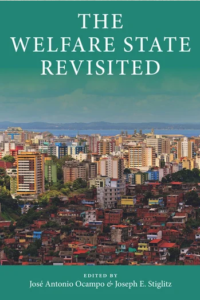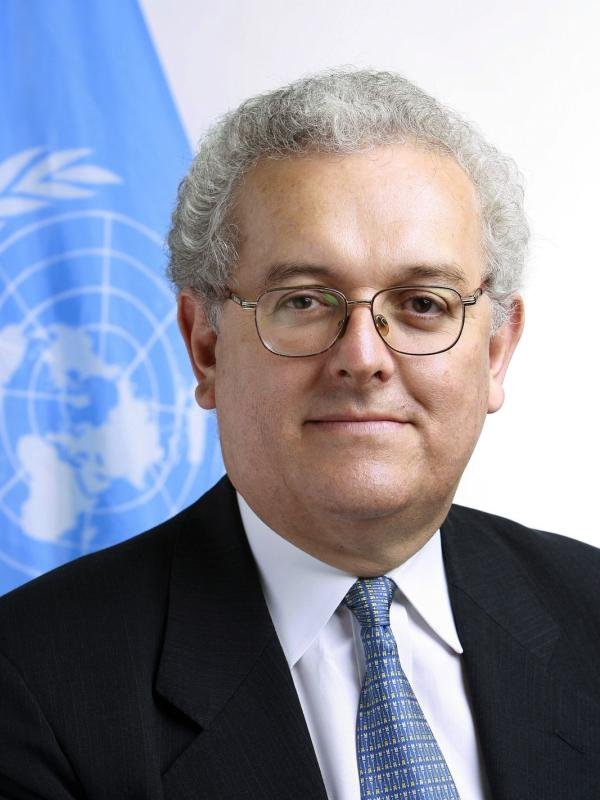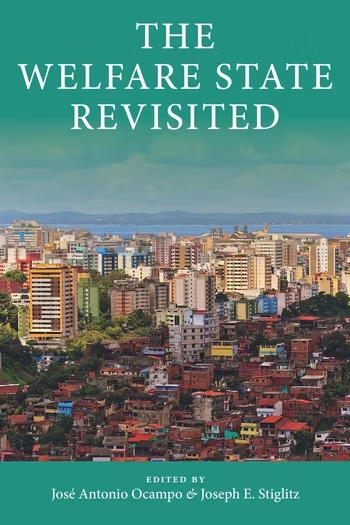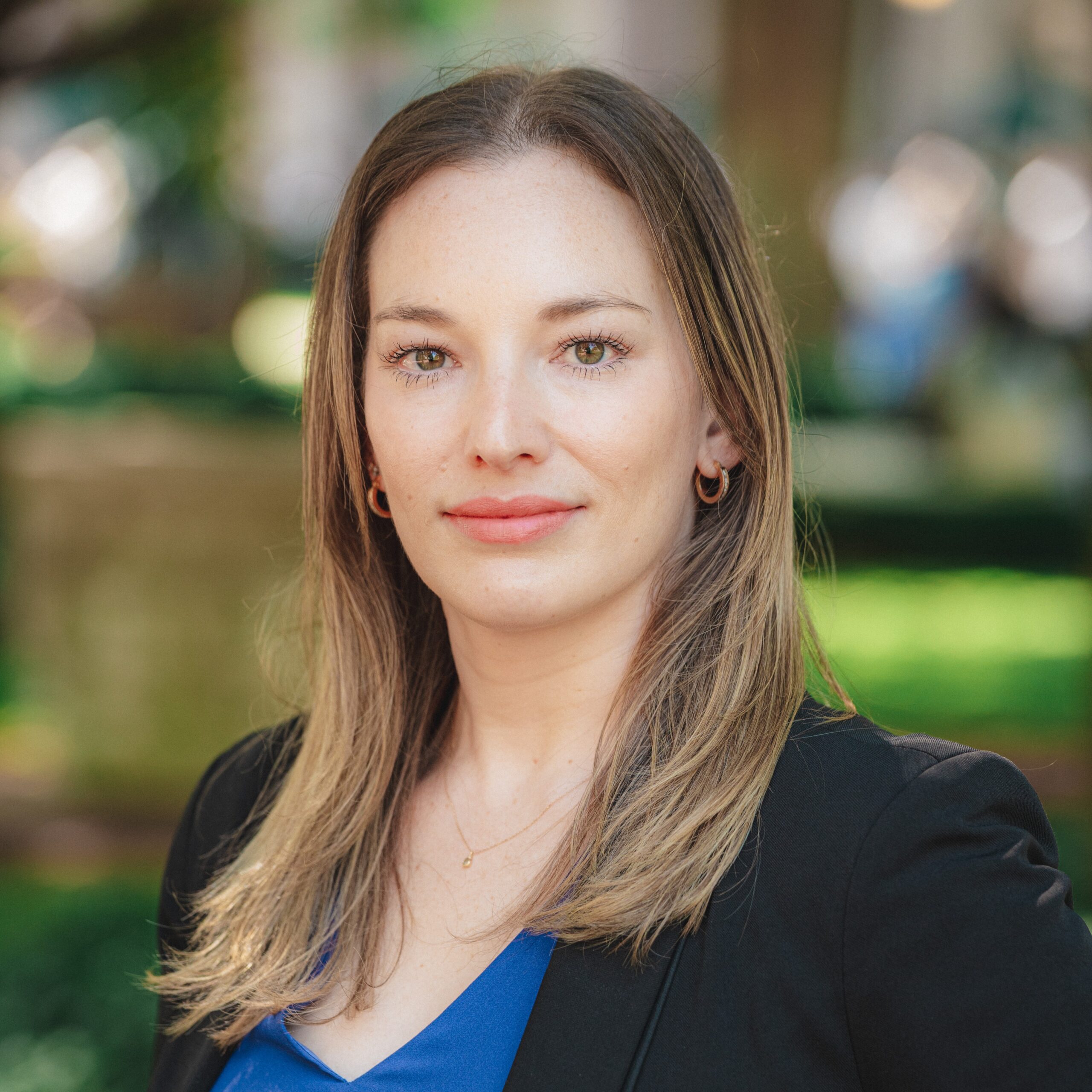
The welfare state has been under attack for decades, but now more than ever there is a need for strong social protection systems—the best tools we have to combat inequality, support social justice, and even improve economic performance. In this book, José Antonio Ocampo and Joseph E. Stiglitz bring together distinguished contributors to examine the global variations of social programs and make the case for a redesigned twenty-first-century welfare state.
The Welfare State Revisited takes on major debates about social well-being, considering the merits of universal versus targeted policies; responses to market failures; integrating welfare and economic development; and how welfare states around the world have changed since the neoliberal turn. Contributors offer prescriptions for how to respond to the demands generated by demographic changes, the changing role of the family, new features of labor markets, the challenges of aging societies, and technological change. They consider how strengthening or weakening social protection programs affects inequality, suggesting ways to facilitate the spread of effective welfare states throughout the world, especially in developing countries. Presenting new insights into the functions the welfare state can fulfill and how to design a more efficient and more equitable system, The Welfare State Revisited is essential reading on the most discussed issues in social welfare today.
With contributions from Sandra Polaski, Isabel Ortiz, Jody Heymann, Aleta Sprague, Nora Lustig, Ravi Kanbur, Torben M. Andersen, Elva Bova, Ernst Stetter, Kalle Moene, Natalie Gómez-Arteaga, Ana Sojo, Andras Uthoff, Teresa Ghilarducci, Richard McGahey, Amit Basole and Arjun Jayadev.
About the Editors
José Antonio Ocampo
Professor of Professional Practice at Columbia University and former Minister of Finance of Colombia
Columbia University
Jose Antonio Ocampo is a Professor of Professional Practice in the School of International and Public Affairs and former Minister of Finance of Colombia. He is also a Fellow of the Committee on Global Thought at Columbia University. Prior to his appointment at Columbia, Professor Ocampo served as the United Nations Under-Secretary-General for Economic and Social Affairs, and head of UN Department of Economic and Social Affairs (DESA), as Executive Secretary of the UN Economic Commission for Latin America and the Caribbean (ECLAC), and has held a number of high-level posts in the Government of Colombia, including Minister of Finance and Public Credit, Director of the National Planning Department, and Minister of Agriculture . Professor Ocampo is author or editor of over 30 books and has published over 200 scholarly articles on macroeconomic theory and policy, international financial issues, economic development, international trade, and Colombian and Latin American economic history.
Joseph Stiglitz
President
Initiative for Policy Dialogue (IPD)
Joseph E. Stiglitz is President of the Initiative for Policy Dialogue, and Chairman of the Committee on Global Thought at Columbia University. He is University Professor at Columbia, teaching in its Economics Department, its Business School, and its School of International and Public Affairs. He chaired the UN Commission of Experts on Reforms of the International Monetary and Financial System, created in the aftermath of the financial crisis by the President of the General Assembly. He is former Chief Economist and Senior Vice-President of the World Bank and Chairman of President Clinton’s Council of Economic Advisors. He was awarded the Nobel Memorial Prize in Economics in 2001.
 José Antonio Ocampo
José Antonio Ocampo Joseph Stiglitz
Joseph Stiglitz

 Jeronim Capaldo
Jeronim Capaldo Kevin Gallagher
Kevin Gallagher Gabriela Plump
Gabriela Plump Anya Schiffrin
Anya Schiffrin Roberta Carlini
Roberta Carlini